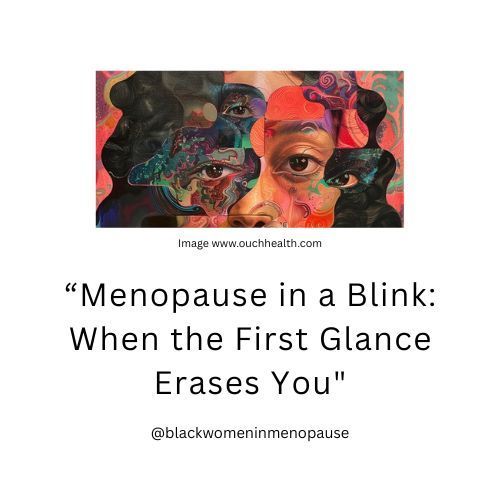The 'Menopause' Trojan Horse(s) Concept
The 'Menopause' Trojan Horse(s) Concept
2024 will soon be upon us, so I have decided to write and share this concept.
In the realm of menopause information and misinformation, we share the 'Menopause' Trojan Horse concept. This is a metaphorical depiction of the subtle infiltration of biased or inaccurate content into sources that people trust for reliable information.
Originating from the ancient Greek tale where the Greeks used a deceptive wooden horse to enter the city of Troy. This concept symbolises the unsuspecting dissemination of misinformation within seemingly trustworthy channels.
In the context of menopause, this effect occurs when reputable platforms/ groups, resources, or well intentioned healthcare professionals inadvertently propagate misinformation.
Information sources that people typically turn to for guidance which may unknowingly carry biases, stereotypes, or inaccuracies, leading to a distorted understanding of menopause.
Cultural biases also play a significant role in the Trojan Horse effect in the menopause information sphere. If sources of information inadvertently perpetuate cultural stigmas or fail to consider the diverse experiences of people from various backgrounds, it further contributes to misinformation. The effect becomes more pronounced when societal expectations and norms shape the narrative around menopause, influencing how individuals perceive and discuss this life stage.
Menopause coaches/ experts/ influencers/ groups can be a valuable source of support and knowledge. Though, they can mistakenly contribute to the 'Menopause' Trojan Horse effect.
If coaches/ experts/ influencers are not well versed in evidence based information or lack a nuanced understanding of diverse cultural contexts or if their guidance carries inherent biases, the advice they dispense may unintentionally perpetuate misinformation.
Social media platforms can be a great source of information. However, with their algorithms and echo chambers, can exacerbate the 'Menopause' Trojan Horse effect further. The way it shows content can make this problem worse. Biased or wrong information, once it's on these platforms, quickly travels to many people. And because social media tends to show us things we already agree with, wrong ideas can keep spreading.
To mitigate this effect requires multifaceted strategies. For example implementing robust fact checking mechanisms. It could also be a collaborative effort between healthcare professionals, expert/ coaches, and digital platforms in helping ensure that those seeking information about menopause, especially on social media, are met with accurate, culturally sensitive, and empowering content.
Question
Is menopause becoming more of a degenerate platform due to peoples’ great branding?






